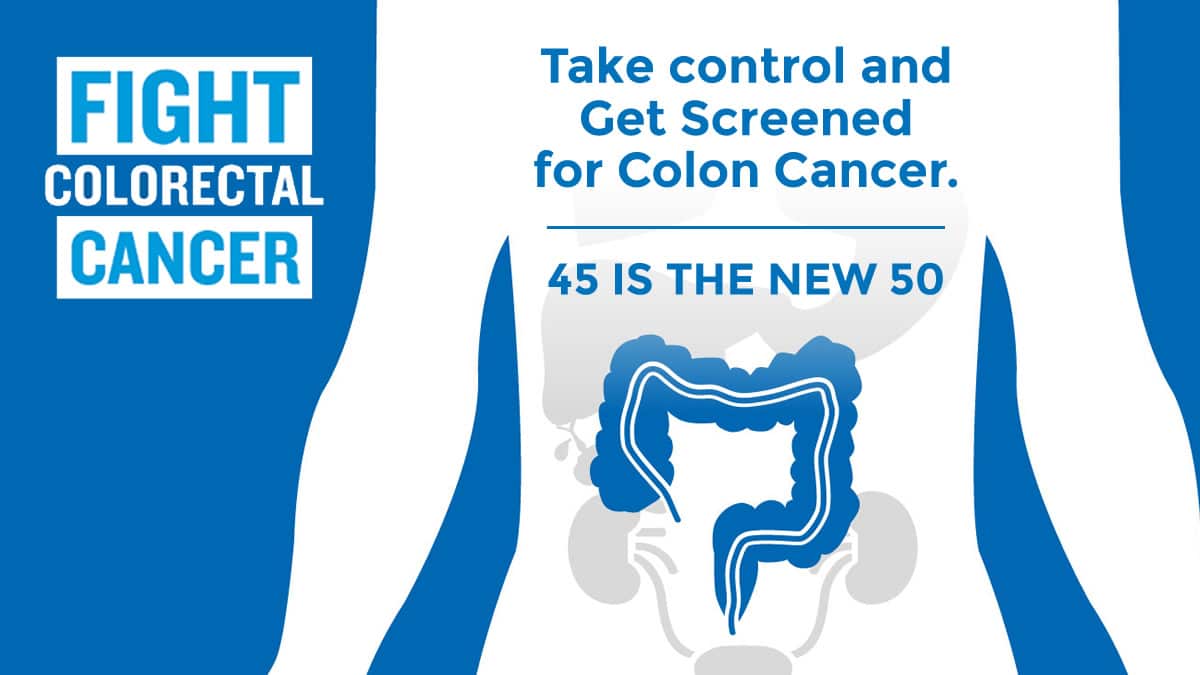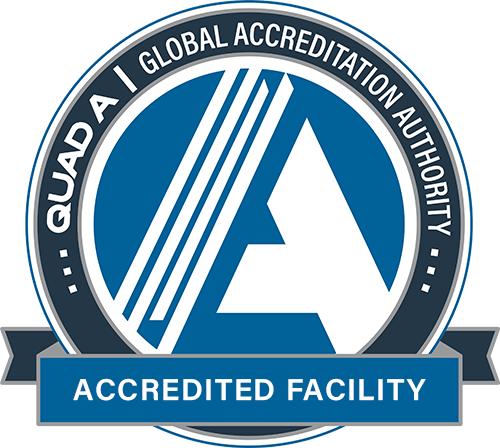Colon Cancer Screening Recommendation:
Colonoscopies are performed for the evaluation of symptoms and for the prevention of colon cancer. The U.S. Preventative Task Force and the CDC recommends that average-risk individuals (those without a family history of colon cancer or colon polyps) have their first Colonoscopy at age 45.
However, the age and reasons why a patient should have their first colon cancer screening can vary based on a variety of factors including family and personal medical history. In addition, the interval between exams will vary from patient to patient.
The best way to decrease the incidence of colon cancer is to make sure people follow these established guidelines for colon cancer screening.This is a preventable and treatable disease yet, according to the Centers for Disease Control,one in three adults age 50 to 75 years have not been tested for colorectal cancer.
What is a Colonoscopy?
During the colonoscopy, Dr. Coronel will pass a thin, flexible, lighted tube called a colonoscope into the anus and slowly guide it through the rectum and colon. The colonoscope contains a camera on one end which transmits a video image so that the doctor can carefully examine the inside lining of the large intestine. This procedure takes about 25 minutes during which the patient is sedated, by a board certified anesthesiologist. We often find small precancerous or benign masses known as polyps during colonoscopy. In these cases, we perform colon polypectomy, which is the removal of polyps from the inside lining of the colon, also known as the large intestine. We can remove most polyps easily during colonoscopy, before they become cancerous.
We recommend that all adults age 45 and older have regular colon cancer screening by colonoscopy, whether or not they have symptoms such as lower abdominal pain, a change in bowel habits, anemia, weight loss, bloody stools or bleeding from the rectum.
Additional reasons we may perform a colonoscopy include: anemia, change in bowel habits (diarrhea, constipation or change in stool caliber), chronic abdominal pain, rectal bleeding, and abnormal weight loss.

Preparation:
In preparation for a colonoscopy, the colon must be completely empty so the colon lining is completely visible. To clean the colon, your gastroenterologist will instruct you on taking a laxative pre-preparation in order to completely vacate your bowels the night before your test. The bowel prep now comes in tablets as well as liquid! In addition, you will be instructed to be on a liquid diet 24 hours prior to the procedure. It is important to read all instructions provided to you thoroughly in order to obtain the best results.
Will I be able to drive home?
You must have a designated driver to take you home after the procedure because you will not be permitted to drive yourself home afterward. Prior to the procedure, you will be given a sedative which will put you asleep and keep you comfortable throughout the procedure process. Although you will wake up quickly, sedative medicines can cause temporary changes in reflexes and judgment making it unsafe to drive.
Weekend Colon Cancer Screening:
Here at East End Gastroenterology & Hepatology, you get the added benefit of having your colonoscopy performed on the weekend, at our own convenient onsite endoscopy center.
Learn more about weekend colonoscopy at East End Gastroenterology & Hepatology by calling 631-591-3000. Our colonoscopy patients come to us from East End, North Fork, Riverhead, Manorville, Shirley, Moriches, Mastic, Patchogue and adjacent areas.

















